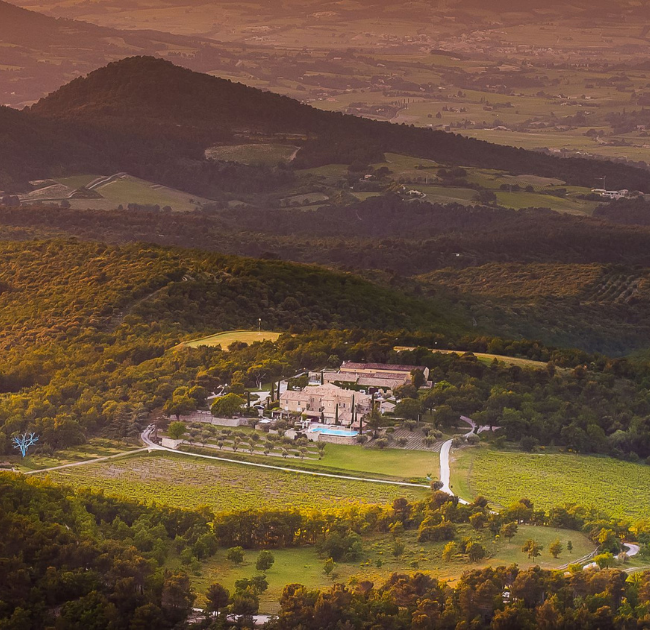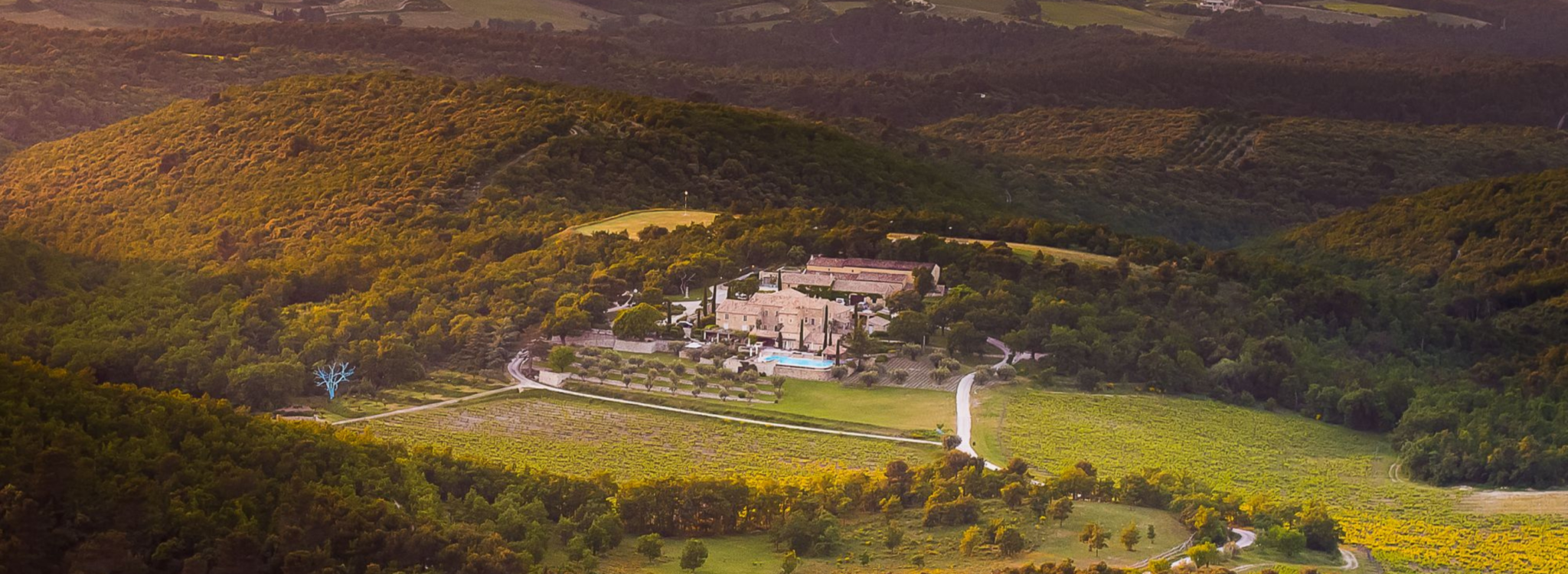PREMIUM DRINKS
CHÊNE BLEU
Chêne Bleu is a family-owned winery in the Ventoux region of the Southern Rhône of France. The award-winning wines are critically acclaimed around the world but also renowned for eschewing the use of chemicals, proving that it is not necessary to resort to any artifice to achieve the highest standards of quality. The medieval priory, la Verrière, operates as a guest house recognised for both luxury and environmental sustainability.
SUSTAINABILITY PURPOSE
Nestled very high in a mountain saddle, the vineyard has a unique “unicorn” terroir, which allows the fruit to ripen fully with the southern sun yet retain its freshness and age impressively. The grapes’ complexity is enhanced by the stunning ecology of the surrounding forests of the UNESCO Biosphere of Mt Ventoux, which hosts 1400 species of butterflies alone. Cutting edge programs nurture this biodiversity: “SustainaBEElity” replaces chemicals with bees; bamboos filter the winery’s effluent; sheep graze as lawnmowers; a potager and orchard are cultivated organically. Chêne Bleu's commitment is to make wines which are better tasting, but also better for our health and for that of the planet.
Established
1994
Headquarters
Crestet, Provence - France
First Certified
2023
Categories
Premium Wine
Employees
14
Website
Distribution
Worldwide
SUSTAINABILITY REPORT CARD
Click below to see the detailed breakdown of Environmental, Social and Governance (ESG) performance. Chêne Bleu has been comprehensively assessed and scored against all key areas of sustainability, including impact on climate, nature and water, treatment of workers and communities as well as how ethically the business is run. Performance is determined by being assessed against international agreements, global frameworks, standards and legislation.
REAL CHANGE IN ACTION

PESTICIDES

Nicole and Xavier Rolet and their team have pioneered regenerative viticulture and sustainable practices from the get-go 25 years ago, when they purchased the abandoned medieval priory and its vineyard. They immediately stopped using pesticides and chemical fertilisers in the vineyards, resorting instead to natural methods and fertilisation by sheep dung, and inviting a young shepherd to graze his flock on the property. All vignerons working at Chêne Bleu are trained to take a holistic approach to viticulture, even temporary harvesters, as all grapes are hand-picked. The environmental stewardship of the land is reinforced by rigorous worker health and safety policies and procedures.
This chemical-free approach has allowed the estate to develop its SustainaBEElity programme, growing its apiary through a crowdfunding program to study ways of using more bees to have healthier vines and make better wine – for example, netting certain rows of vines helps assess pollinator impact on indigenous yeasts; the role of bee propolis is trialled as a natural antiseptic in the vineyard; cross-plant cereals such as rye and sorghum increase organic matter in the soil, which brings with it nutrients, ventilation and humidity ahead of new plantings, to avoid fertilisers and significant irrigation; chamomile and other herbal infusions are sprayed on the vines to reduce transpiration of the vine leaves in the heat, allowing them to better retain water.

BIODIVERSITY

Chêne Bleu is situated in the UNESCO-protected biosphere reserve of the Mt Ventoux (also a Regional Park), which shelters 1400 species just of butterflies. 77% of the Domaine's 135 hectares are preserved for biodiversity. The team actively protects the fauna and flora, working to harness that complex ecosystem while supporting the vineyard’s needs. Their (PEFC-certified) forest is managed actively in conjunction with the National Forest Protection Agency, while their commitment to biodiversity has led to other certifications such as Bee Friendly, Ecocert,(organic) and HVE(3). In 2021 they were awarded the Global ‘Environment & Energy Leader’ Award. They have also started to engage with partners to minimise biodiversity impacts in the supply chain. The estate’s medieval vegetable garden, olive grove, orchards and grounds are also managed using organic, biodynamic and sustainable practices, focussing on native plants and flowers. A ‘wild boar spa’, in a protected recess with mud, water and shade, keeps large animals out of the vineyard by meeting their needs elsewhere. Chêne Bleu conducts studies of its animal population with infrared cameras and safe animal traps, in association with Biosphere scientists and the local University. Dozens of bird species have returned, alongside other animals, and this complexity is reflected in off-the-charts diversity of microorganisms and rhizome networks in the soils.
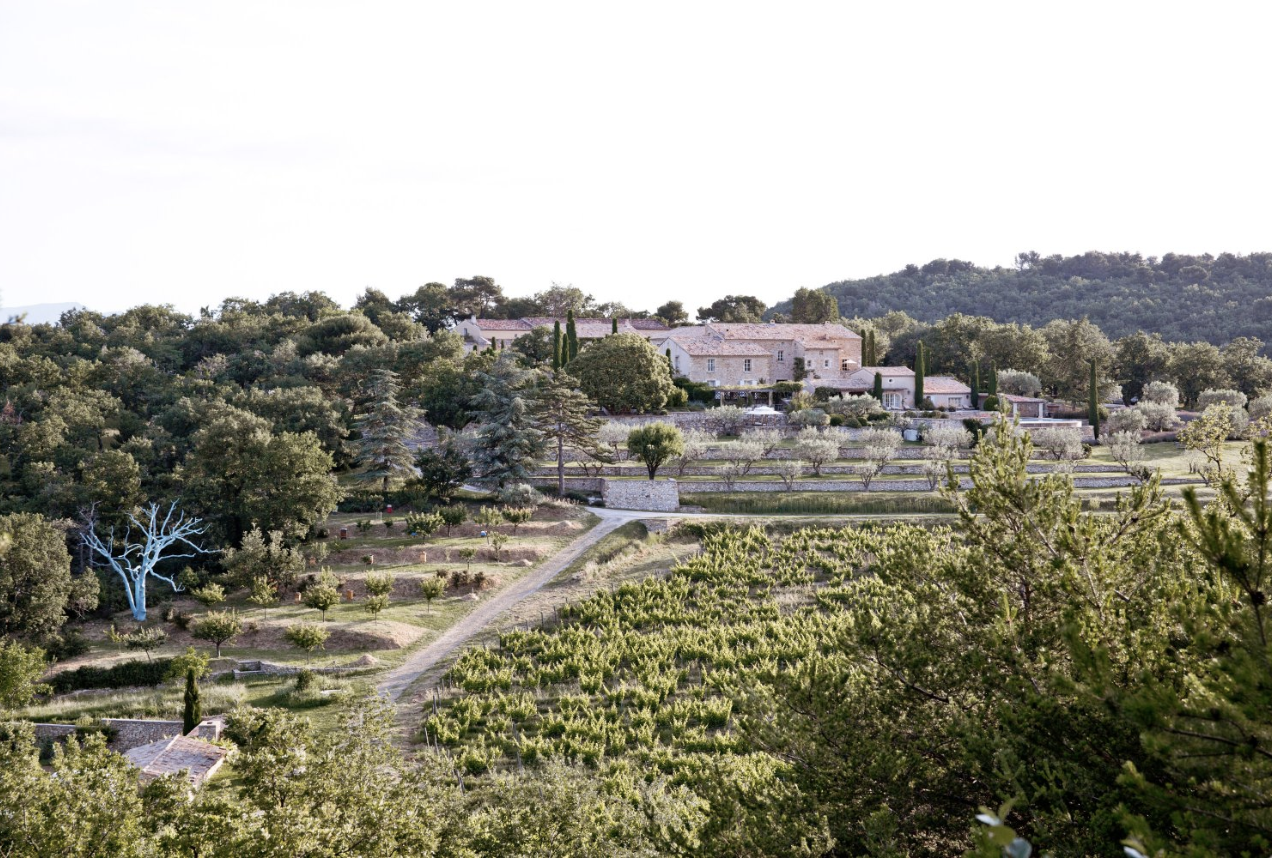
DIVERSITY, EQUALITY & INCLUSION

Chêne Bleu’s policy on diversity, equality, and inclusion (DEI) goes beyond the established set of comprehensive legal requirements in France. Through the years, employees have been recruited from all major ethnic groups, religions, persuasions, and genders, with a culture of supportiveness and openness which is spelled out clearly and nurtured. With stringent approaches to address harassment and grievances, other social impact areas such as recruitment, employee performance reviews, and training programmes also prioritise inclusivity and transparency. For instance, all employees recently had a DEI workshop on communication and conflict resolution.
In its recruitment and employment policies and processes, the Domaine incorporates DEI considerations in contracts, flexible working hours, and working locations. Recruitment partnerships with universities, schools, and private recruitment agencies also have a strong basis in promoting DEI via multiple media channels. Job postings are readily accessible for any interested applicant. Employees not only share a sense of belonging at the Domaine, but they also draw on the same DEI principles when engaging with external stakeholders. The company’s motto, visible on the labels, is Non Mihi, Non TIbi, Sed Nobis – not mine, not yours, but ours.
Nicole and Xavier Rolet and their team have pioneered regenerative viticulture and sustainable practices from the get-go 25 years ago, when they purchased the abandoned medieval priory and its vineyard. They immediately stopped using pesticides and chemical fertilisers in the vineyards, resorting instead to natural methods and fertilisation by sheep dung, and inviting a young shepherd to graze his flock on the property. All vignerons working at Chêne Bleu are trained to take a holistic approach to viticulture, even temporary harvesters, as all grapes are hand-picked. The environmental stewardship of the land is reinforced by rigorous worker health and safety policies and procedures.
This chemical-free approach has allowed the estate to develop its SustainaBEElity programme, growing its apiary through a crowdfunding program to study ways of using more bees to have healthier vines and make better wine – for example, netting certain rows of vines helps assess pollinator impact on indigenous yeasts; the role of bee propolis is trialled as a natural antiseptic in the vineyard; cross-plant cereals such as rye and sorghum increase organic matter in the soil, which brings with it nutrients, ventilation and humidity ahead of new plantings, to avoid fertilisers and significant irrigation; chamomile and other herbal infusions are sprayed on the vines to reduce transpiration of the vine leaves in the heat, allowing them to better retain water.
Chêne Bleu is situated in the UNESCO-protected biosphere reserve of the Mt Ventoux (also a Regional Park), which shelters 1400 species just of butterflies. 77% of the Domaine's 135 hectares are preserved for biodiversity. The team actively protects the fauna and flora, working to harness that complex ecosystem while supporting the vineyard’s needs. Their (PEFC-certified) forest is managed actively in conjunction with the National Forest Protection Agency, while their commitment to biodiversity has led to other certifications such as Bee Friendly, Ecocert,(organic) and HVE(3). In 2021 they were awarded the Global ‘Environment & Energy Leader’ Award. They have also started to engage with partners to minimise biodiversity impacts in the supply chain. The estate’s medieval vegetable garden, olive grove, orchards and grounds are also managed using organic, biodynamic and sustainable practices, focussing on native plants and flowers. A ‘wild boar spa’, in a protected recess with mud, water and shade, keeps large animals out of the vineyard by meeting their needs elsewhere. Chêne Bleu conducts studies of its animal population with infrared cameras and safe animal traps, in association with Biosphere scientists and the local University. Dozens of bird species have returned, alongside other animals, and this complexity is reflected in off-the-charts diversity of microorganisms and rhizome networks in the soils.
Chêne Bleu’s policy on diversity, equality, and inclusion (DEI) goes beyond the established set of comprehensive legal requirements in France. Through the years, employees have been recruited from all major ethnic groups, religions, persuasions, and genders, with a culture of supportiveness and openness which is spelled out clearly and nurtured. With stringent approaches to address harassment and grievances, other social impact areas such as recruitment, employee performance reviews, and training programmes also prioritise inclusivity and transparency. For instance, all employees recently had a DEI workshop on communication and conflict resolution.
In its recruitment and employment policies and processes, the Domaine incorporates DEI considerations in contracts, flexible working hours, and working locations. Recruitment partnerships with universities, schools, and private recruitment agencies also have a strong basis in promoting DEI via multiple media channels. Job postings are readily accessible for any interested applicant. Employees not only share a sense of belonging at the Domaine, but they also draw on the same DEI principles when engaging with external stakeholders. The company’s motto, visible on the labels, is Non Mihi, Non TIbi, Sed Nobis – not mine, not yours, but ours.
Standards & Accreditations
To provide evidence of sustainability performance across luxury companies' full value chain, 180+ memberships, accreditations and specialist certifications are taken into account during assessment

Certified Haute Valeur Environment (HVE)

PEFC Certified

ECOCERT
JOURNEY SO FAR
04/2023
CERTIFIED
03/2023
FINAL SUBMISSION
11/2022
RISK MAPPING
10/2022
BASELINE SUBMISSION
09/2021
BEGAN ASSESSMENT
A WORD FROM THE FOUNDERS
Our drive is an unwavering pursuit of quality, commitment to the environment and equal respect for tradition and innovation in everything we do. Our motto in Latin, visible on our wine labels; Non mihi, non tibi, sed nobis. - ‘Not mine, not yours, but ours.
XAVIER & NICOLE ROLET
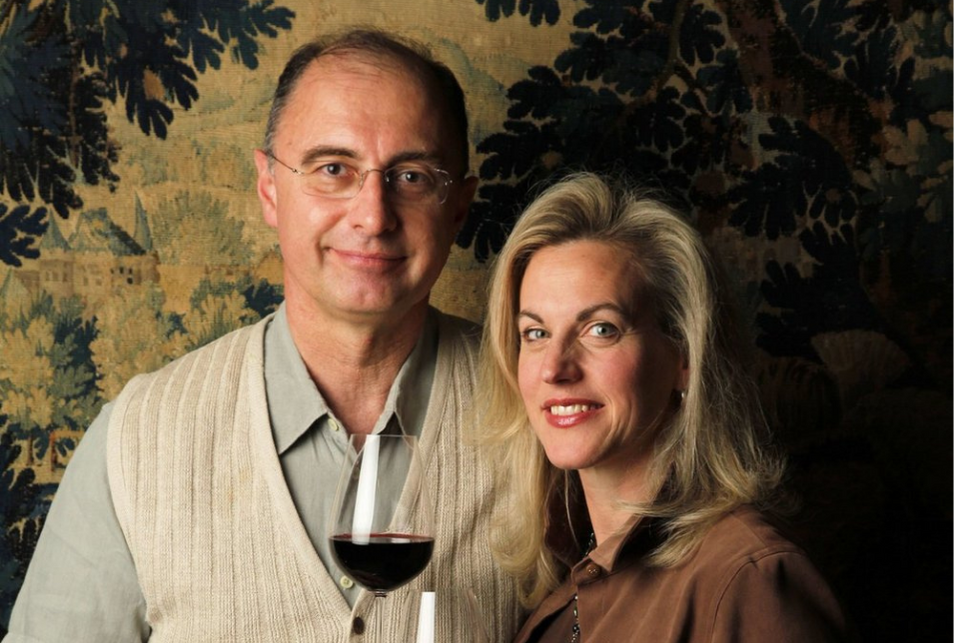
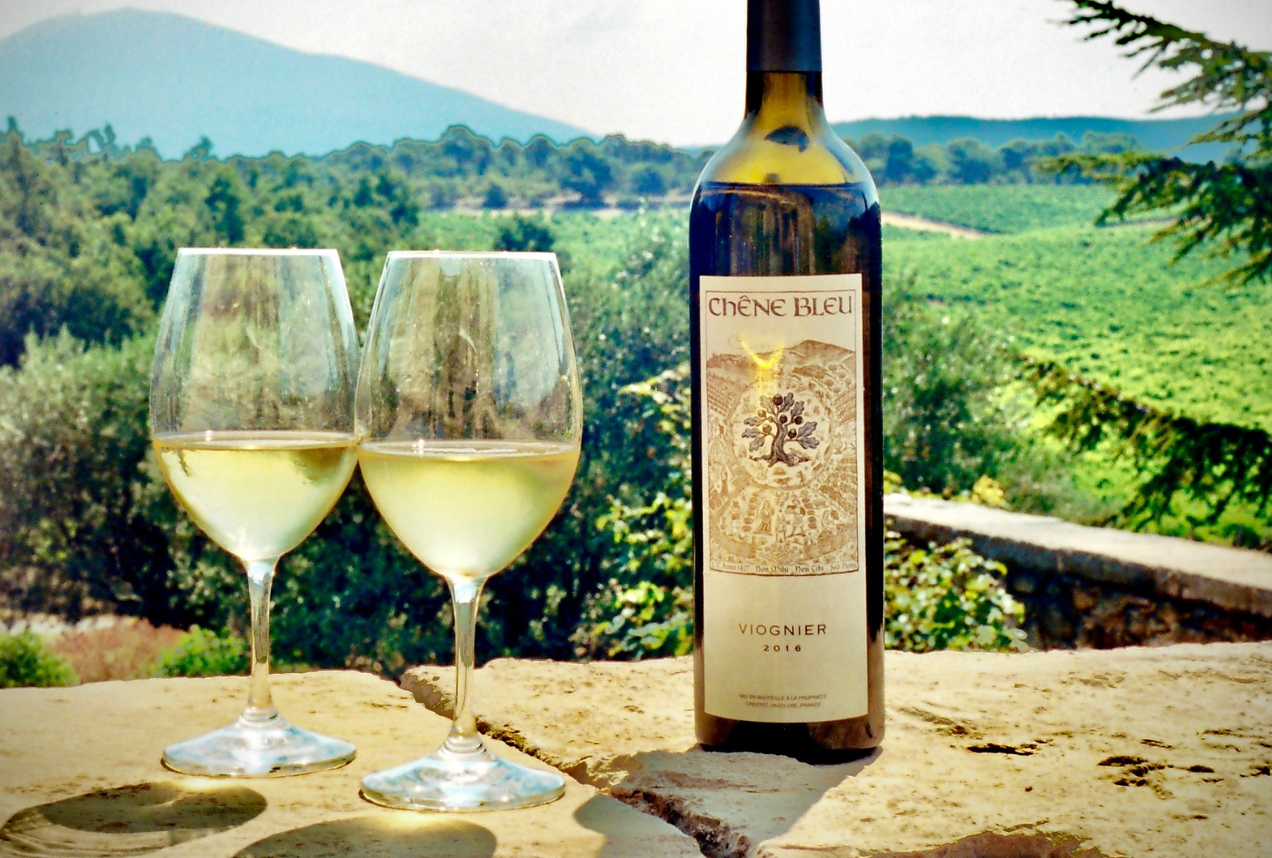
WHY POSITIVE LUXURY
My husband Xavier was passionate about environmental conservation for most of his life, well before Sustainability and Regenerative Agriculture were fashionable hashtags. But when we wanted to assess our work and apply for certification, we discovered that there was no road map, no guidance, and most of the existing checklists were not well adapted to viticulture and winemaking. Our experience with Positive Luxury has been the opposite: the process is tailored-made to understand our ethos and our operations but our advisors have also able to share best practices and save us lots of time, effort and mistakes. Also, on a human level, we have found them to be such a class act. Diana Verde Nieto is a truly inspirational human being, a thought leader on the global Climate stage, and is surrounded by a terrific team of passionate people.”
NICOLE ROLET
CO-FOUNDER & PRINCIPAL
PATHWAY TO HIGHER STANDARDS
The team at Chêne Bleu are looking to go further on monitoring their transport and supply chain logistics. They are eager to adopt the right Science-based metrics to assess their work and set goals for progress. With the help of a protocol set up by Positive Luxury, Marlene and Katja, who have spearheaded the company's efforts, are putting in place new systems, and getting the community involved. Progress has been made, for example by limiting air travel, resulting in significant reduction in the company's carbon footprint.
